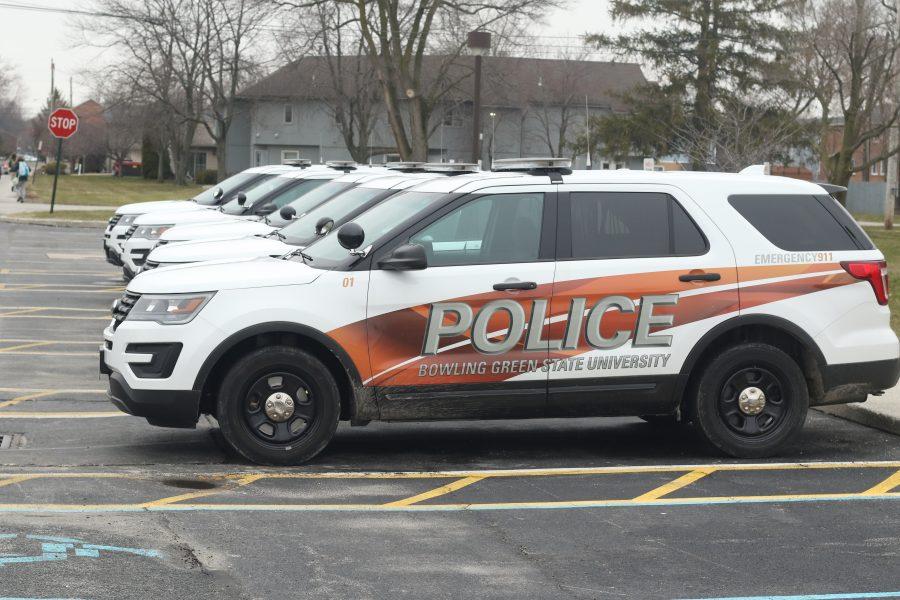Faculty Senate’s first meeting of the academic year included electing a vice chair, outlining the effects of House Bill 64 and the possibility of bringing new file storage and sharing to University computers.
The senate elected a new vice-chair, as the election at the spring meeting was deemed invalid because the vice-chair cannot be elected in the last year of his or her senate term. Rachelle Hippler was elected as the new vice-chair.
Provost Rodney Rogers addressed the senate and fielded questions from members about the upcoming school year.
Rogers explained some of the effects of House Bill 64, the state operating budget which froze tuition for the next two years. In lieu of the controversial “5 percent challenge,” which would require universities to reduce their tuition cost by 5 percent, universities are simply required to create opportunities for students to reduce costs and make students aware of these opportunities. The report for the University, due Oct. 15, has already been completed, Rogers said.
The report outlines “everything we’ve already been doing for our students, everything from finding ways in which we can lower the cost of the textbooks … to making sure they have a clear pathway to degree completion earlier rather than later in their academic programs,” Rogers said.
Senate member Julie Haught, senior lecturer in the English department, asked Rogers whether or not new full-time faculty would be hired due to the increase in enrollment.
Rogers said 69 new faculty members were hired for this fall, many to replace those who retired over the summer. He said more faculty searches would be conducted throughout the year.
“We’re trying to be as strategic as we can to ensure that we’re supporting those programs where we see growth,” Rogers said.
Student enrolled in the College Credit Plus program have begun classes this semester. Rogers said the University has 1,100 students enrolled at both the main campus and at Firelands. A report on the specifics of enrollment for the program will be available soon, Rogers said.
Chief Information Officer John Ellinger also presented to the senate some options for making the file storage and sharing service DropBox available on University computers. The two options are to either allow personal accounts to be used, or to purchase 600 “business” accounts from the company under an enterprise license for $30,000.
The concern with the use of personal accounts is the loss of data if it is corrupted or if the faculty member leaves the University, as the University would have no way to access any data stored on a personal account, Ellinger said. Faculty senate members expressed concern over the price of the business accounts and lack of privacy when sharing files between universities for research if the University has access to the data.
Ellinger said he hoped the senate could come to a consensus for one of the two options.






















